Thinking about retiring in Cyprus? You're not alone. With over 300 sunshine days a year, crystal-clear beaches, and a relaxed Mediterranean lifestyle, the island has become a dream destination for a multitude of retirees. But one question keeps popping up again and again: what amount do they need to have? Let’s dive into the facts (and a few surprises) to help us plan perfect retirement, which is a goal for many. Understanding initial visa requirements is crucial.
Why Choose Cyprus?
Cyprus is not just about sea views and sunsets — though, honestly, those help a lot. The country offers a high standard of living, modern infrastructure, international healthcare, and attractive tax provisions that attract pensioners from Europe and beyond.
Furthermore,, residency for senior citizens is straightforward, and many international retirees say they feel right at home as English is widely spoken, low crime rate, and excellent public and commercial services, which makes daily life easier. Whether the goal is an active daily routine or peaceful days in the sun, Cyprus has it all as a destination. There are abundant benefits to living here in Cyprus.

Living Cost in Cyprus: What to Expect
Before packing bags, let’s talk about costs. This is one of the most important factors while planning the move. Residing in Cyprus is generally more affordable than in many Western countries. Food prices and utility bills are often lower than in major European cities. However, how much you need depends on your lifestyle. Costs can vary significantly between urban and rural areas.
A quick look at average information monthly expenses for two people family
Expense Category | Monthly Cost (EUR) |
Rent (1-2 bed apt) | €600 – €1,000 |
Utilities & Internet | €150 – €200 |
Groceries | €300 – €450 |
Dining & Entertainment | €200 – €350 |
Healthcare Insurance | €100 – €200 |
Car / Transport | €100 – €200 |
Total | €1,450 – €2,400 |
It's possible to live frugally on €1,400/month, as long as expectations are modest and you can manage expenses wisely. More relaxed and comfortable existence will likely require €2,000 – €2,500/month. That’s around €24,000 – €30,000 per year, which is a manageable sum for many. This range covers most everyday minimum comforts without going overboard. No bad for Mediterranean bliss, right?
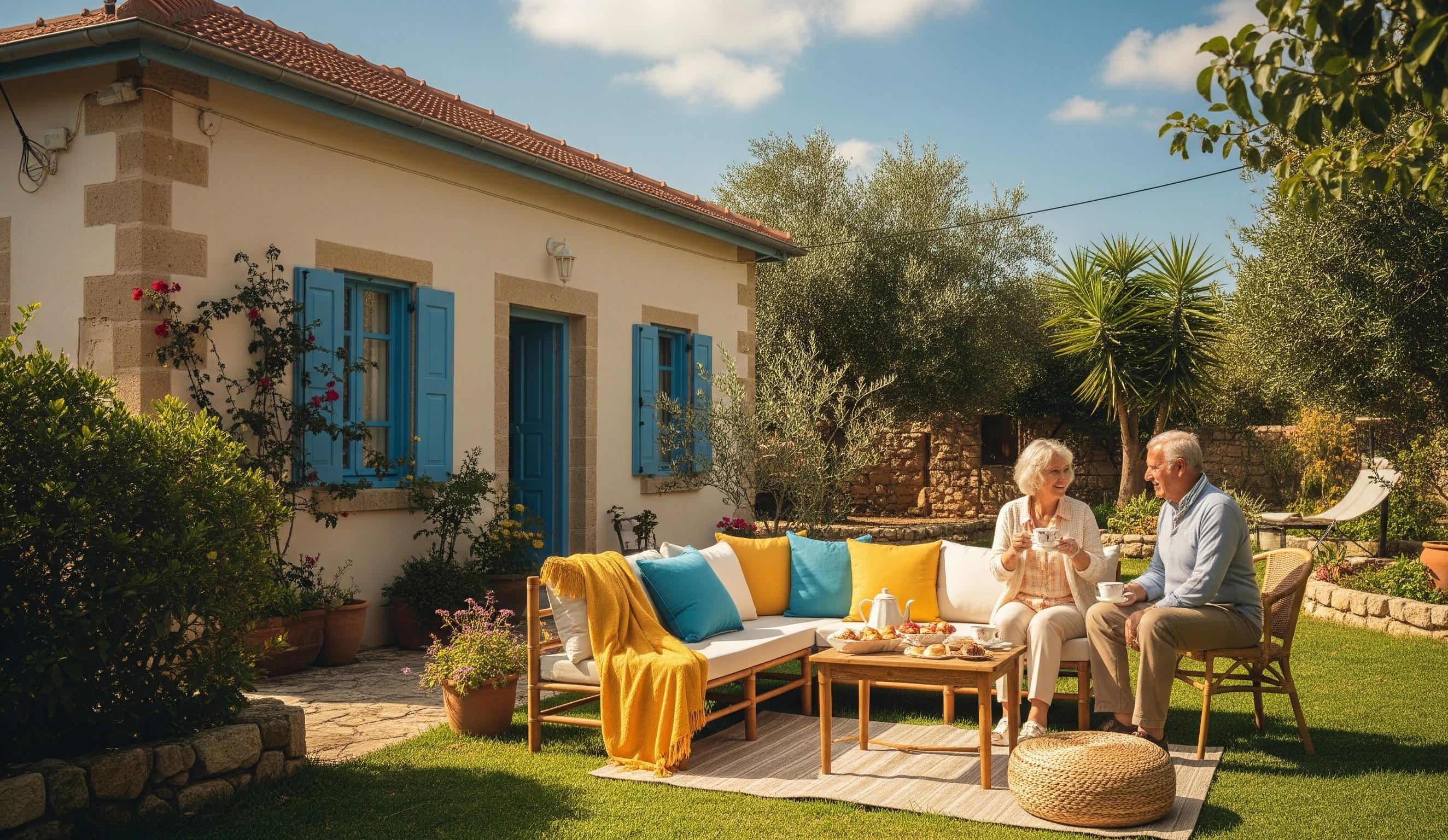
What Is the Pension in Cyprus?
Local benefits are handled by the Cypriot social insurance. The average public allowance is €700–€900 per month, depending on duration of contribution.
However, most foreign persons rely on income from their home countries — whether from the UK, EU, or other international systems. Those with private funds or savings usually find it easy to have a comfortable standard of living. There are various income sources individuals can utilize.
The good news? Cyprus maintains tax treaties with numerous countries, helping avoid double taxation as well as simplifying paperwork. This will certainly benefit large number and also save time.
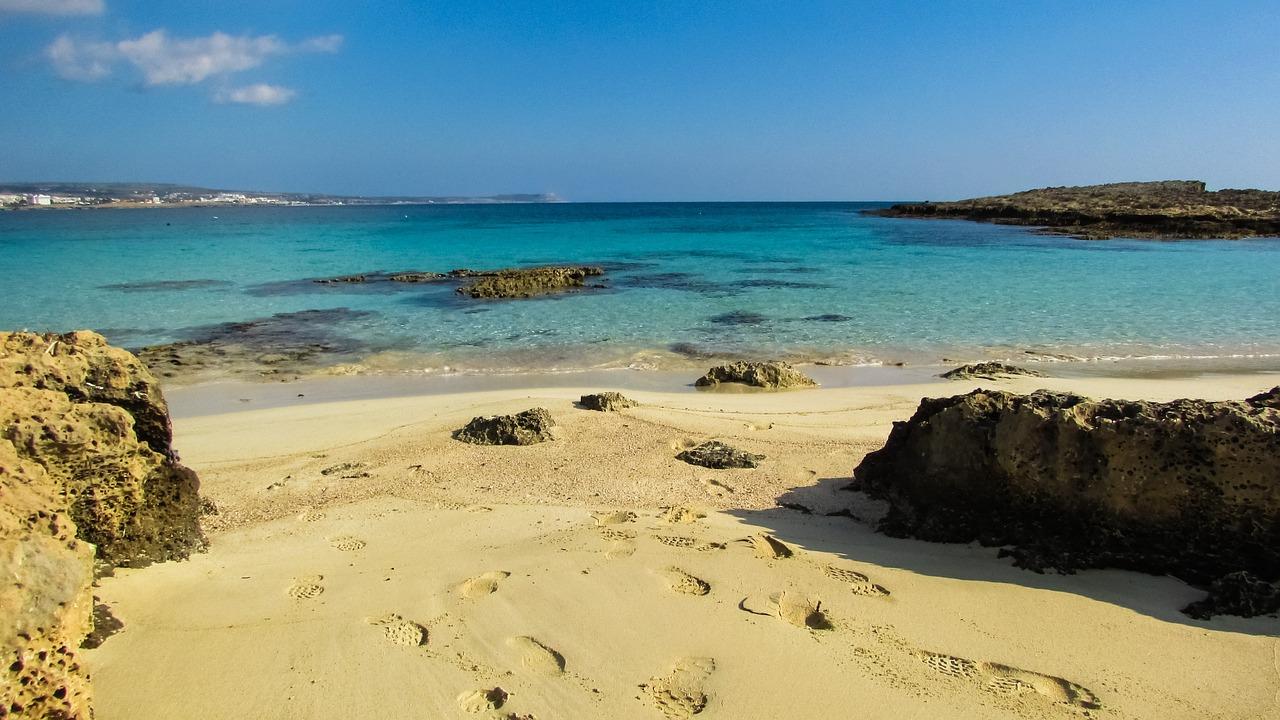
Best Locations
Now, let’s explore towns. Though this island is small, it offers a variety of lifestyle options depending on location. Prospective residents often choose to visit these locations first to get a feel for the area.
Limassol
Limassol is a vibrant city with a cosmopolitan flair. It’s known for its marina, festivals, and luxury developments. It’s also one of the pricier cities, as expected for an upscale destination, which may require a larger budget. But hey, champagne tastes require champagne budgets! Property in this area often proves to be a sound investment, yielding high returns.
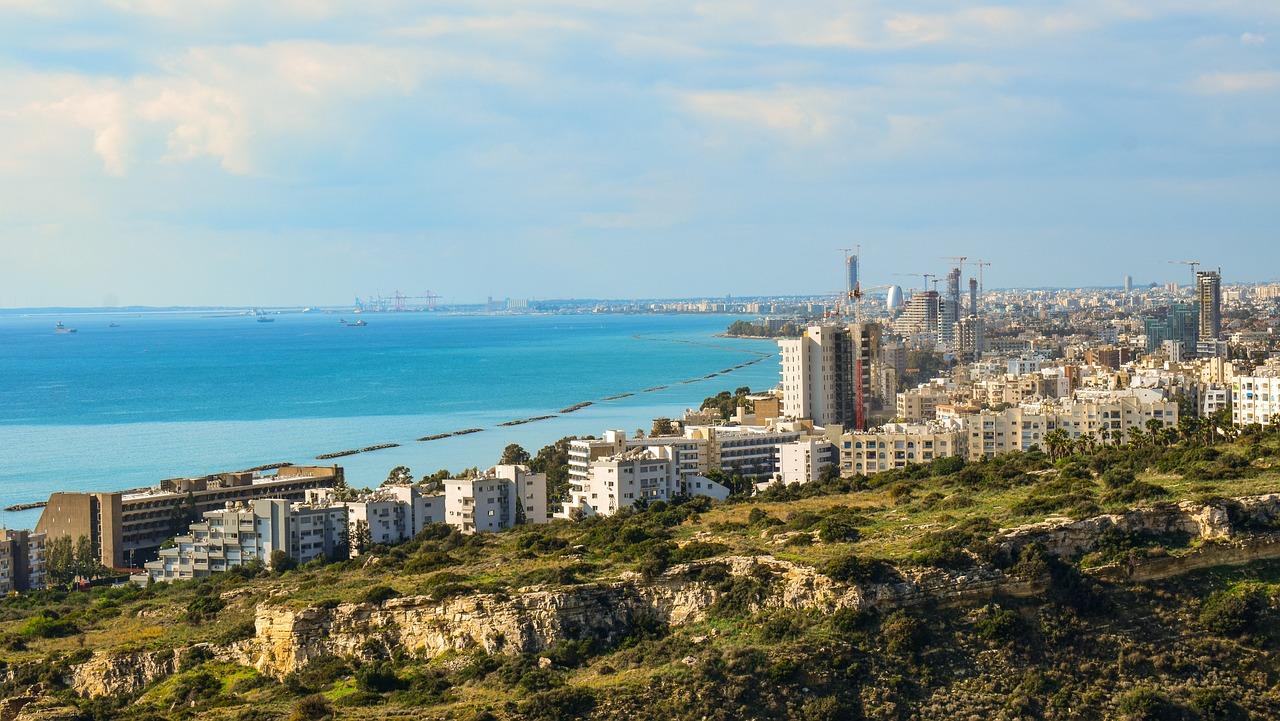
Paphos
A favorite among British, Paphos offers a slower pace of life, beautiful coastal views, and an affordable cost of residence. From new golf courses to archaeological treasures, it’s a peaceful yet stimulating place where you can enjoy both history and leisure. The area also provides excellent opportunities for outdoor activities. The real estate property market is quite active.
Larnaca
If you're after a more local, authentic feel, Larnaca could be it. With a bustling free promenade and a mix of modern and traditional Cypriot culture, this town features good value for your money.
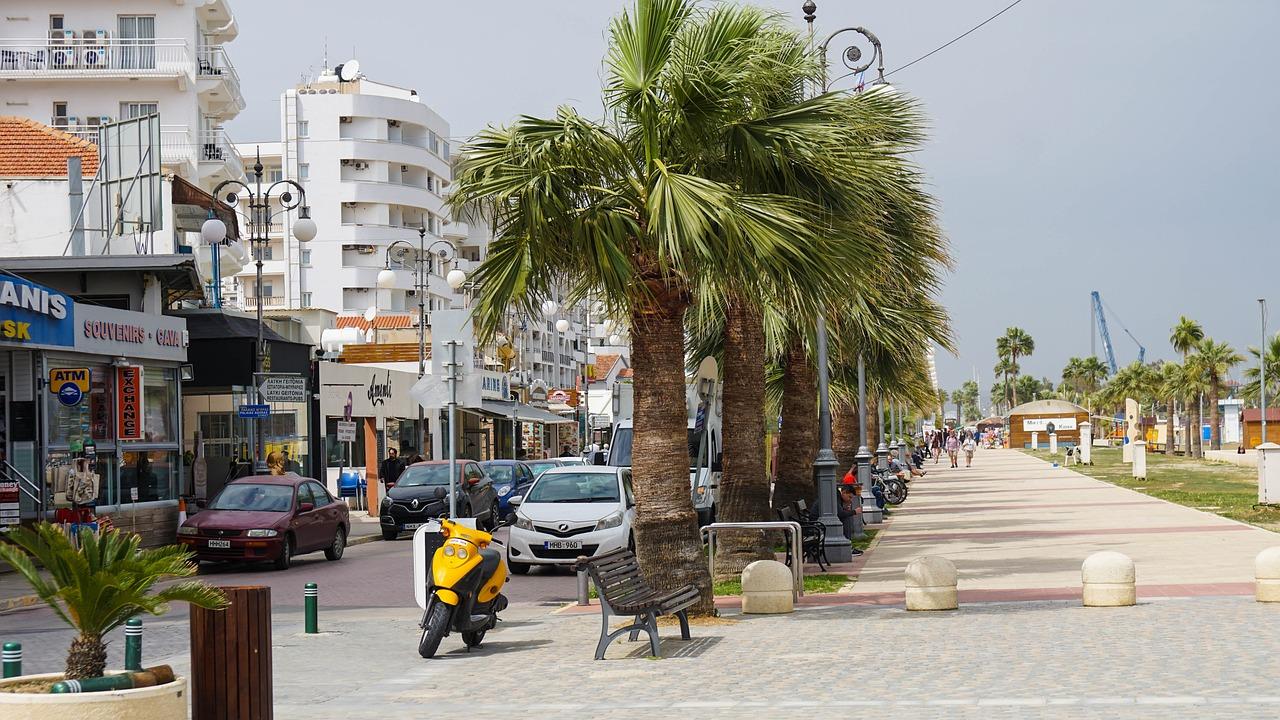
Nicosia
The capital is ideal for people who want to have access to services, universities, and medical systems. While it’s not coastal, it has a strong cultural pulse and is great for all-season habitation. People will find plenty to do. Securing a property in Nicosia offers a distinct metropolitan atmosphere. For all its inland location, the capital possesses a unique appeal. If seeking an alternative lifestyle, this capital provides diverse cultural experiences. There is a lively arts scene for residents to enjoy.

Taxes, Residency & Healthcare: The Practical Bits
When moving to this country for retirement, there will be a need to think about residency and taxes. Fortunately, Cyprus makes it pretty easy. The overall visa process is often considered straightforward.
- Residency permit: EU citizens can apply for a registration certificate, while non-EU nationals typically require a long-stay visa to begin the residency process and may qualify under Category F as long as they can be financially self-sufficient.
- Fiscal advantages: Cyprus offers attractive levy rates for foreign pension income — elderly can choose between a 5% flat rate (after €3,420 exemption) or progressive levy rates.
- Healthcare: Cyprus has a mixed government-independent medical model. The government structure is available to permanent residents, and plenty retirees also have private insurance for broader coverage. This dual setup allows flexibility depending on personal requirements. Individual well-being requirements will determine choices at that point. Additional medical costs may apply for any specialized treatments. It is generally easy to get medical appointments.
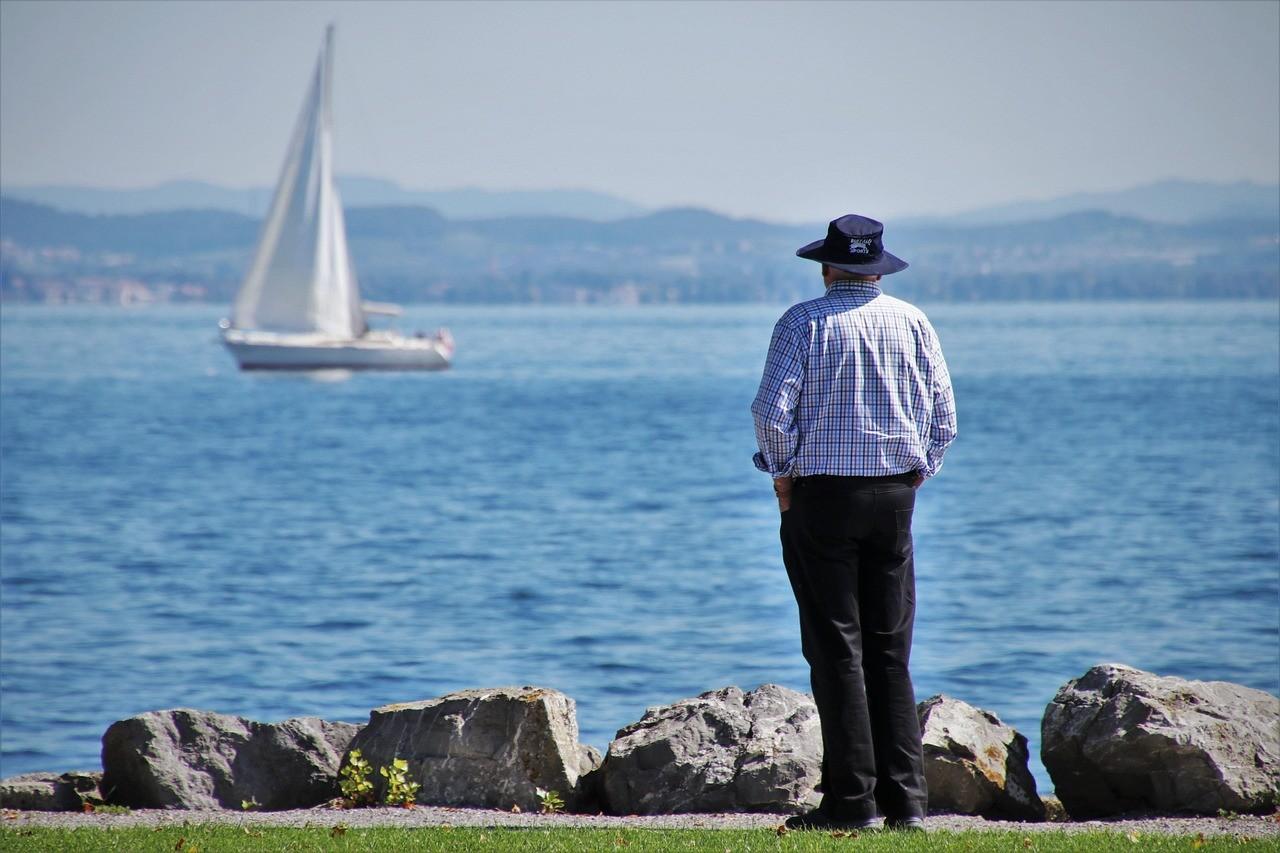
So, What Funds Are Needed to?
To live comfortably, with a bit of travel, some nice wine, and maybe the occasional impulse buy at the local market (we see you, handmade olive oil soaps), you should plan for around €2,000 – €2,500/month.
That means you’ll need a yearly income of €24,000 – €30,000. If you’re buying property instead of renting, your costs go down even further. Owning property on the island can lower expenses, as rent is often the biggest cost, which is a key consideration.
Of course, this is a general guide. If your lifestyle is more minimalist or, on the other hand, if you’re aiming to live large — with golf club memberships, luxury cars, and fine dining every night — your numbers will look different. It is also worth noting that property values can appreciate. With all these factors considered, planning becomes clearer. Understanding potential hidden costs must be prioritized for a complete budget, which helps us avoid unexpected expenses. One can easily get lost in the island's charm.
Final Thoughts
So, how much money do you require? Likely less than expected. With careful planning, access to your income, and a little island charm, build your future here that’s both affordable and fulfilling.
Whether dreaming of coffee by the sea or quiet days in the hills, Cyprus provides a balance of charm, practicality, and an unparalleled well-being that's hard to resist, as many retirees already know.
Remember: retirement isn’t just about the sums — it’s how and where to have the most fulfilling existence. It's about living byyourown terms. At the end of the day, it's a dream for allaspirants. If seeking peace and stability, this island remains a top choice. The true cost might turn out to be less than expected. This can be a reality for many years to come.
And honestly? Cyprus might be just the place.

Read also:

